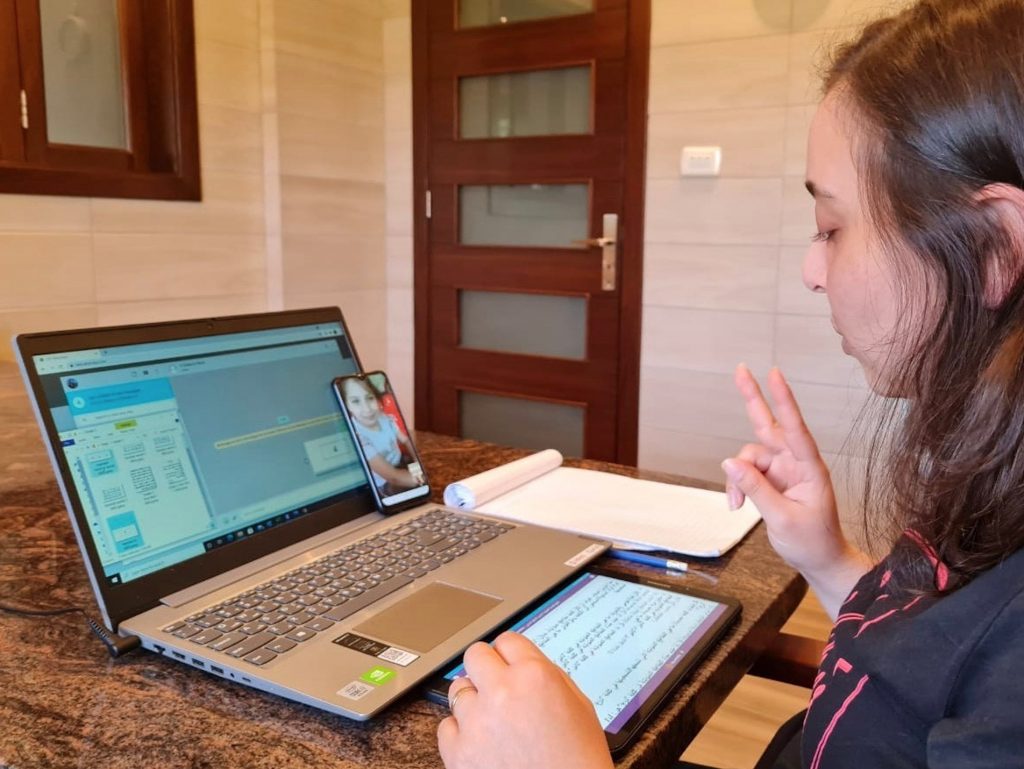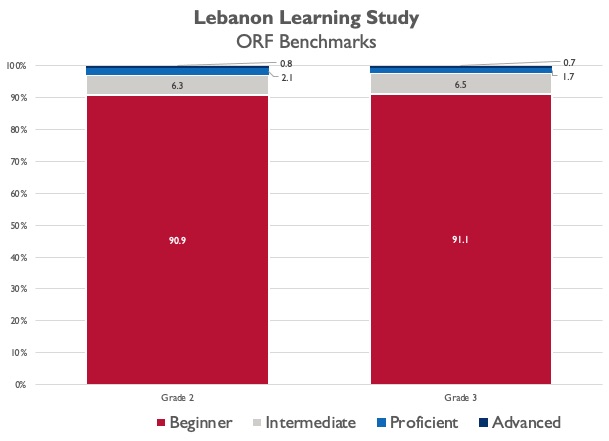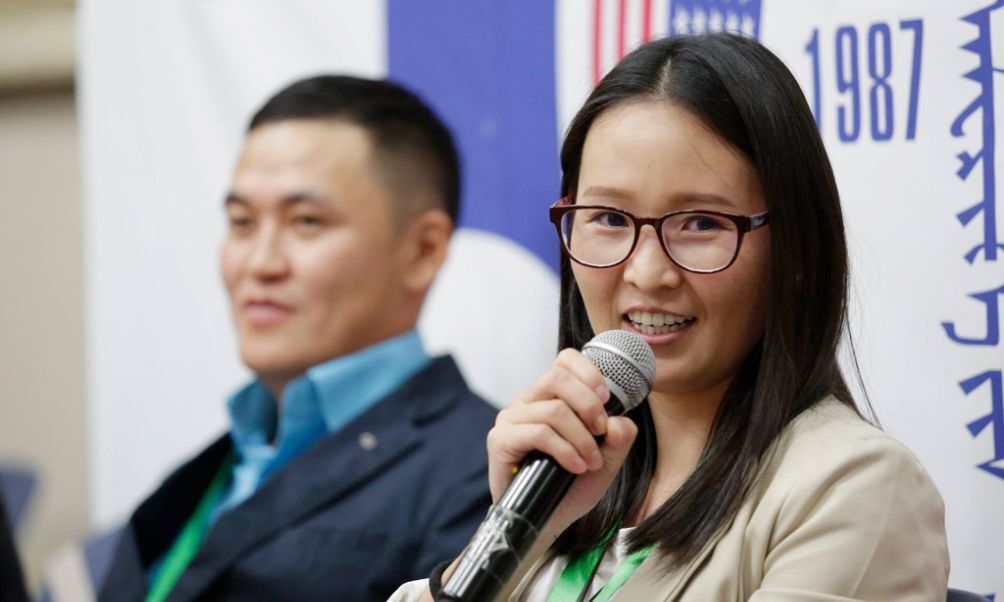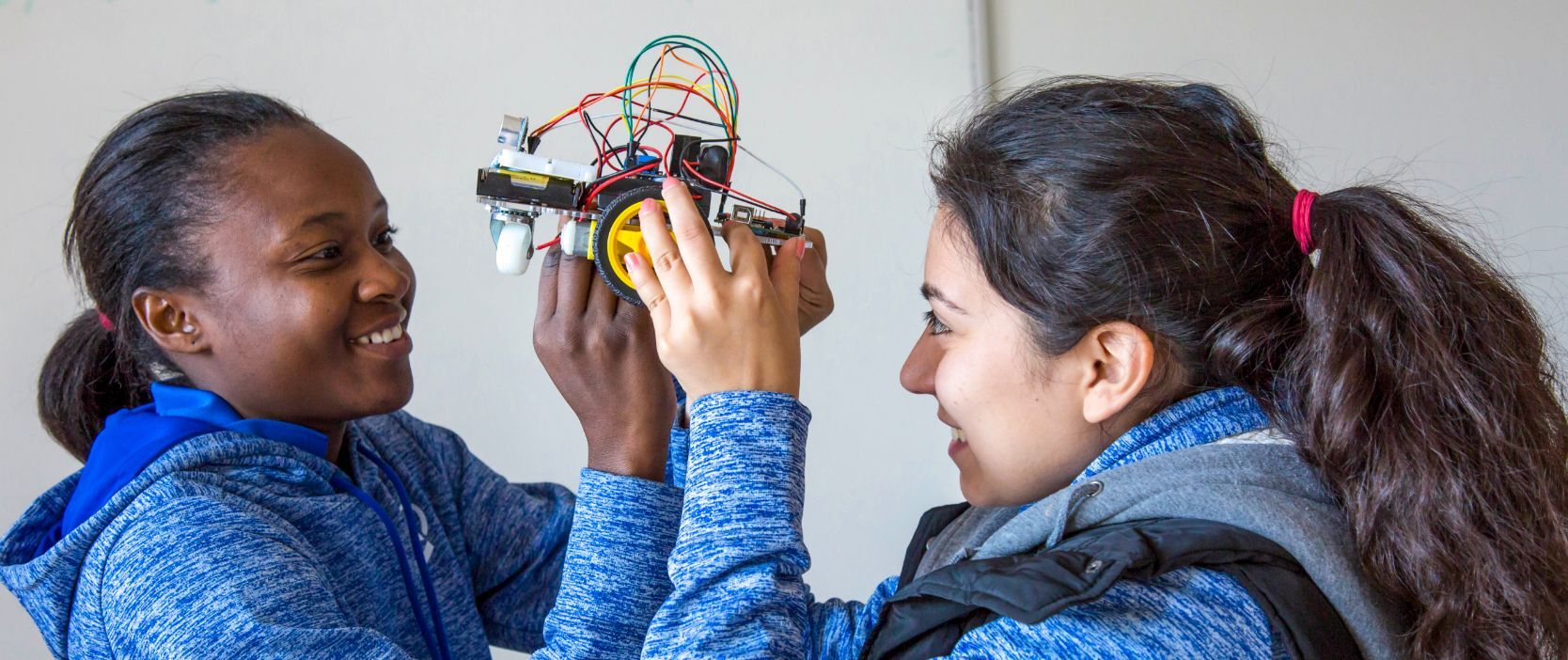-
What We Do
- WHERE WE WORK
-
About Us
 Welcome Message from Carol Jenkins, CEO
Welcome Message from Carol Jenkins, CEOWorld Learning believes that the best hope for peace, justice, and sustainability lies in bringing people together. Through cultural immersion, experiential learning, and information sharing, our programs equip others to collaboratively address the most pressing issues of our time.
Throughout my years at World Learning, I have had the fortunate opportunity to meet with many of our participants, partners, and alumni—a global network of learners. Our programs help them understand other cultures, master new skills, and cultivate networks. Our teaching and training methodologies empower them to find locally relevant, sustainable, and implementable solutions. Our approaches emphasize flexibility and adaptability that help them tackle real-world problems. They, in turn, make extraordinary changes in their lives and communities.
Please join us—and those we work with and serve around the world—in our pursuit to create a brighter and better future for all.
Carol Jenkins | CEO, World Learning
Allen Cutler | Chair, Board of Trustees - Get Involved
Media Center > Story
USAID and QITABI 2 Assess Lebanon Primary Students After Two Years of Disrupted Learning
January 6, 2022

After two years of learning disruptions in Lebanon brought on by the pandemic and other crises, a study conducted by USAID and its Quality Instruction Towards Access and Basic Education Improvement 2 (QITABI 2) program shows second-and third-grade students are reading well below their expected grade levels.
From 2019 to 2021, in addition to the pandemic, schools in Lebanon dealt with the country’s economic crisis, political instability, and a devastating explosion at the Port of Beirut, all of which negatively impacted the quality of education and added even more challenges and strain to a public education sector already suffering from severe constraints.
During that two-year period, school closures persisted and face-to-face classes were replaced by distance learning, which was not equally accessible to all students in Lebanon. The lack of devices, scarcity of electricity, and poor connectivity made lesson delivery challenging, especially for the most vulnerable and marginalized students. Due to this digital divide, more children from poor households and lower-income families were locked out educationally and fell further behind their peers.

Throughout this period, QITABI 2 supported students through distance learning by providing them with educational material and access to summer school. The Learning Recovery Study was conducted as students prepared to return to school in person and serves as a tool for Lebanon’s educators.
QITABI 2 designed and implemented the study in collaboration with Lebanon’s Ministry of Education and Higher Education. In April and May 2021, enumerators and assessment specialists measured the learning levels of 2,400 students in second and third grades at 120 public schools across Lebanon.
The QITABI 2 team of 35 enumerators conducted the online study in coordination with principals, teachers, parents, and students. The project administered the Arabic language Early Grade Reading Assessment tool, a short questionnaire on social-emotional learning needs, learning continuity, and school engagement.
The QITABI 2 team collected feedback from parents regarding their children’s learning continuity during school closures. Additionally, 113 school principals and 168 Arabic language teachers submitted feedback through an online questionnaire. QITABI 2 assessment specialists also held focus group discussions with principals, teachers, and parents to capture qualitative data regarding the challenges faced during the 2020–21 school year and perceived needs for the upcoming school year.
The main findings from the study showed that, overwhelmingly, students in second and third grades are reading at a beginner level, well below their expected grade levels. Furthermore, parents, teachers, and principals expressed concerns about students’ emotional state and highlighted the urgency of implementing well-designed psycho-social student support programs.
These findings critically informed the education ministry’s design of learning remediation programs including the 2021 summer catch-up program and the 2021–22 back-to-learning program.


